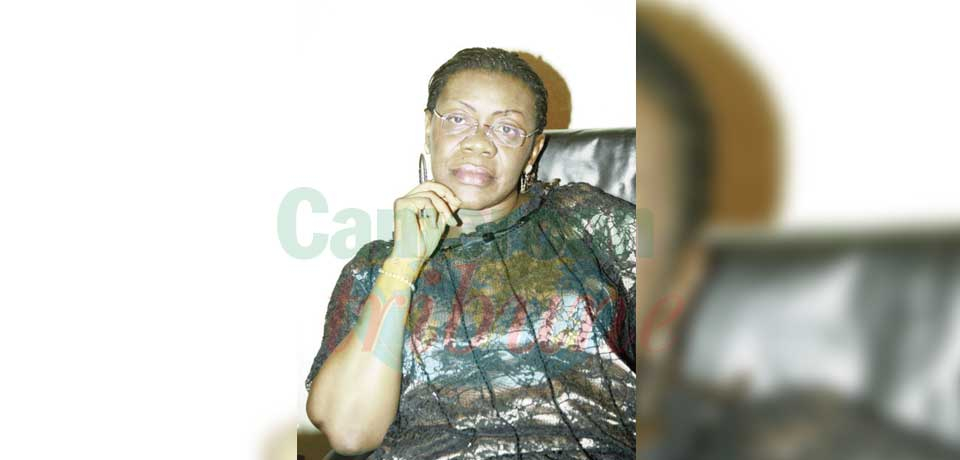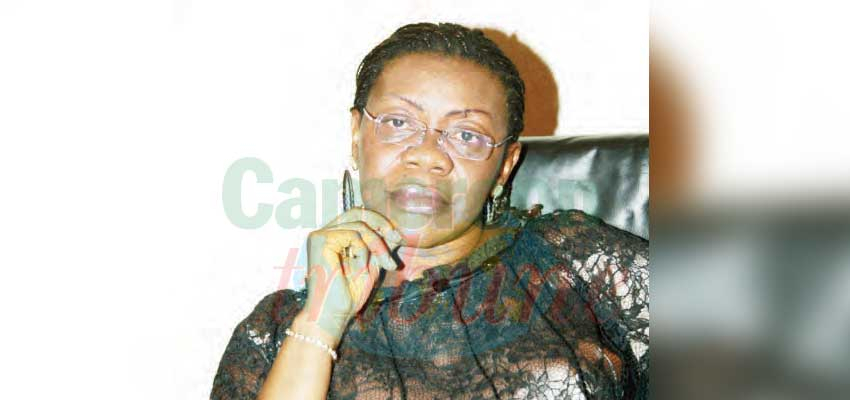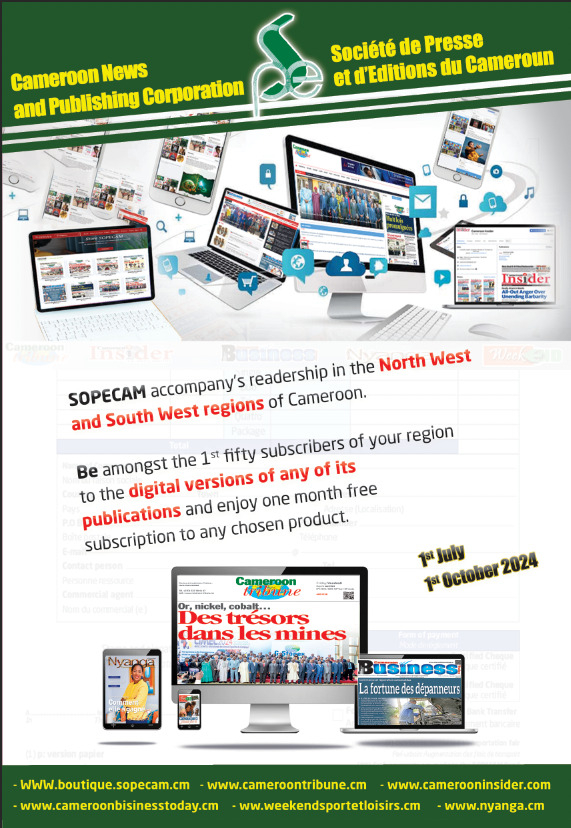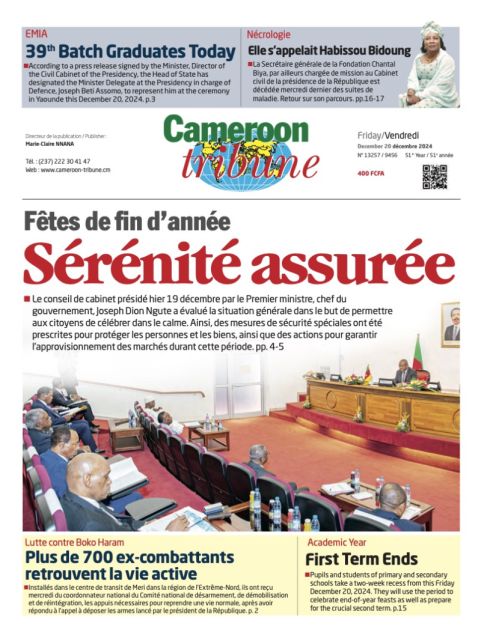Peace-Making and Sustenance
- Par Jérôme BAÏMELE (stagiaire)
- 25 sept. 2017 15:58
- 0 Likes
Seventy two years ago when peace-loving countries of the world met to create an organization that would prevent global calamities such as they had suffered in two world wars, their main aim to ensure peace and security, the elements that make life worth living. This demanded the will and ability by member nations to make and keep peace through the respect of the norms of live and let live. Through peace, security, political stability, unity, and cooperation, development can be guaranteed. Yet, this is an area in which after seventy-two years of its existence, the UN with its shortcomings has done so little that some critics consider it a forum that barks but hardly bites the societal ills that plaque member nations. In the face of these shortcomings, the topical issue concerning this world body, is the need for reforms that would enable a better handling pf global geopolitical problems member nations are facing. In his address at the General Assembly on Friday (22 September 2017), President Paul Biya summed up these problems when he declared that “Peace is a stake”. Conflicts in Africa, Asia, Latin America and the Middle East besides other disputes between and within nations are such that peace-loving commuters of our global village must be wondering if mankind is still committed to the noble goals of “this family of nations”. The United Nations Organisation, however, is not an international government in whose hands nations’ problems can be wholistically handled, but when we consider its contributions to the end of the Arab-Israeli war in 1949, the Korean war in 1953 and the Suez Canal dispute in 1956, we do not doubt what it can achieve in the interest of member states in trouble. At the 2000 UN General Assembly, for example, member nations launched with great ambition the UN New Millennium Development Goals with the aim of boosting socio – economic development in the domains of health, Agriculture, energy, telecommunication, drinking water, besides other prerequisites of development such as the fight against poverty and unemployment. The year 2015 was set aside as deadline for a rational assessment of achievements by member nations concerned, but in that year, there was more of a soaring rate of economic migrants, more national and regional conflicts, the emergence of terrorist groups and religious extremism. What an unpleasant surprise! What a challenge! For how long shall we keep this great organization, a forum that exposes what goes on against its norms, yet do little or nothing to alter the negative trends? When President Paul Biya in his address at the UN headquarters, said, “We must for present and future generations save our planet”, he was not only thinking of the calamitous effect of climate change on mankind. Other societal il...
Cet article complet est réservé aux abonnés
Déjà abonné ? Identifiez-vous >
Accédez en illimité à Cameroon Tribune Digital à partir de 26250 FCFA
Je M'abonne1 minute suffit pour vous abonner à Cameroon Tribune Digital !
- Votre numéro spécial cameroon-tribune en version numérique
- Des encarts
- Des appels d'offres exclusives
- D'avant-première (accès 24h avant la publication)
- Des éditions consultables sur tous supports (smartphone, tablettes, PC)
















Commentaires